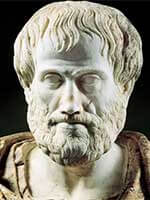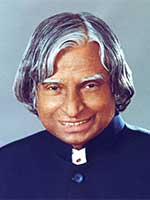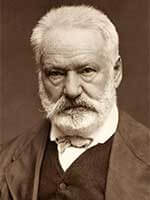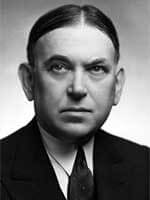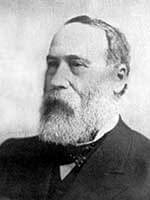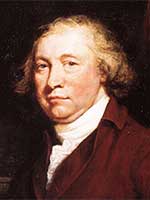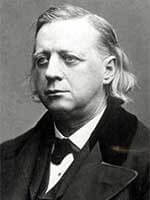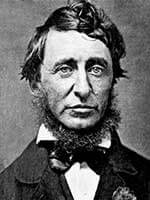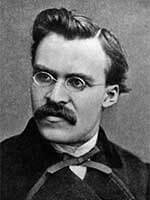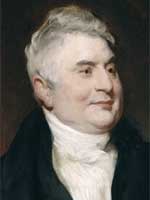Quotes 601 till 620 of 25414.
-

Habits are formed by the repetition of particular acts. They are strengthened by an increase in the number of repeated acts. Habits are also weakened or broken, and contrary habits are formed by the repetition of contrary acts.
-

Happiness does not consist in pastimes and amusements but in virtuous activities.
-

Happiness, satisfaction, and success in life depend on making the right choices, the winning choices. There are forces in life working for you and against you. One must distinguish the beneficial forces from the malevolent ones and choose correctly between them.
Wings of Fire -

Have courage for the great sorrows of life, and patience for the small ones. When you have laboriously accomplished your daily tasks, go to sleep in peace. God is awake.
-

Have you ever watched a crab on the shore crawling backward in search of the Atlantic Ocean, and missing? That's the way the mind of man operates.
-

Have you known how to take rest? You have done more than he who hath taken empires and cities.
-

Have you not a moist eye, a dry hand, a yellow cheek, a white beard, a decreasing leg, an increasing belly? Is not your voice broken, your wind short, your chin double, your wit single, and every part about you blasted with antiquity?
-

He is not elevated by good fortune or depressed by bad. His mind is established in God, and he is free from delusion.
-

He that is good, will infallibly become better, and he that is bad, will as certainly become worse; for vice, virtue and time are three things that never stand still.
-

He that wrestles with us strengthens our nerves, and sharpens our skill. Our antagonist is our helper. This amicable conflict with difficulty helps us to an intimate acquaintance with our object, and compels us to consider it in all its relations. It will not suffer us to be superficial.
-

He uses his folly like a stalking-horse, and under the presentation of that he shoots his wit.
-

He who can be, and therefore is, another's, and he who participates in reason enough to apprehend, but not to have, is a slave by nature.
-

He who establishes his argument by noise and command shows that his reason is weak.
-

He who has no taste for order, will be often wrong in his judgment, and seldom considerate or conscientious in his actions.
-

He who hunts for flowers will finds flowers; and he who loves weeds will find weeds.
-

He who is only a traveler learns things at second-hand and by the halves, and is poor authority. We are most interested when science reports what those men already know practically or instinctively, for that alone is a true humanity, or account of human experience.
-

He who would learn to fly one day must first learn to stand and walk and run and climb and dance; one cannot fly into flying.
-

He who would pass his declining years with honor and comfort, should, when young, consider that he may one day become old, and remember when he is old, that he has once been young.
-

Heat, ma am! It was so dreadful here that I found there was nothing left for it but to take off my flesh and sit in my bones.
-

Hence that general is skilful in attack whose opponent does not know what to defend; and he is skilful in defense whose opponent does not know what to attack.
All four-and-a-half famous quotes and sayings you will always find on greatest-quotations.com (page 31)
